What are fats? Well, they are an essential nutrient that provides a lot of energy to the body. They have several roles including: absorbing nutrients, regulating body temperature, hormonal balance, supporting immune function, weight management and maintaining healthy skin and hair.
Did you know that fats are actually needed to properly absorb the fat soluble vitamins found in plants? That’s right, vitamins A, D, E and K are fat soluble vitamins and therefore in order to be absorbed must be eaten with fat. Believe it or not, most healthy sources of fat are also fat-burning foods. They help to turn off the hunger signal and play a huge role in weight management.
Fats have always been labeled as not heart healthy, and we’ve been told they should be avoided because they contribute to heart disease, etc. There has been a huge focus on reducing fats in food because so many people are under the perception that fat makes you fat – wrong! We must remember that not all fats are created equally and not all impact the body in the same way. There are processed and refined fats that are found in packaged foods and probably many restaurants, but there are other natural fats out there like coconuts, avocados, nuts and seeds that have huge beneficial life-extending properties. Restricting the real fats and switching to a low fat diet is risky for our health. We can quickly find ourselves hungry all the time, tired, irritable, unable to kick cravings and just angry over how restrictive the new diet may be.
Fat has a big role in helping control hormones such as insulin. The problem is that as many people are cutting out fat, they are replacing it with more carbohydrates, most of which have plenty of sugar. With this comes insulin release and remember, insulin is a fat storage hormone.
So, before you ditch the fat read below about some of the risks of a low-fat diet:
- Poor Brain Function – Guess what, the brain is mostly made up of fat and requires fatty acids to perform optimally, (hence why a fatty walnut is shaped like a brain). Cholesterol from fat has an important role as a brain nutrient, needed for neurotransmitters. Think of cholesterol as the fuel for the brain to run well. Cholesterol helps with attention, concentration and reasoning, so a low fat diet runs the risk of impacting job performance, energy levels and even your mood – hello brain fog!
- Hormone Imbalances – Did you know cholesterol helps make sex hormones such as oestrogen and testosterone? Cholesterol and other fats play a fundamental role in balancing hormones naturally. There have been some studies that have found infertility and other hormonal issues such as menstrual problems and pms related to low fat diets.
- Heart Health – We’ve all heard how healthy the Mediterranean style diet can be for heart health which is high in fats from extra virgin olive oil, nuts, seeds and fish. Well, over 40% of the calories from that kind of diet come from natural fat sources. This diet has been found to reduce cardiovascular disease, diabetes and impact weight. Research is finding it’s actually inflammation from too much sugar, refined carbs, vegetables oils and processed food ‘ingredients’ that is the most threatening to your heart health. It’s better to be eating anti-inflammatory high fat foods such as salmon and nuts and seeds for your heart then low fat foods.
- At Risk for Insulin Resistance and Diabetes – Fat can actually help usher sugar into our cells out of our blood after a carbohydrate meal. As fat helps control insulin and insulin helps control our blood sugar levels and therefore our hormones, fats can really help control insulin resistance and diabetes. More research is finding that monounsaturated fatty acids improve insulin sensitivity.
- Weight Gain & Overeating – Fat is a very satisfying macronutrient in that it helps keep us feeling fuller for longer and turns off the hunger signals so we don’t overeat. A low glycemic diet can help change your metabolic rate and impact your hormones that improve the availability of metabolic fuels, (what you burn for energy) and thereby decrease weight. Depending on your metabolic and body type, (which I can help you determine) your macronutrient breakdown will differ. I”m not saying everyone should eat a certain amount of fat every day, but figuring out the right breakdown for you is what I”m here to help with.
- Gut-Related Issues – A diet with plenty of naturally occurring fatty acids and nutrients supplies the fuel needed to nourish the gut as well as the brain, (which are connected). There are actually nerve endings in your gut that are connected to your brain, hence the reason we get a ‘gut feeling’ at times. If your blood sugars are balanced through proper amounts of fats in the diet, your gut bacteria is balanced too. So, eating plenty of high fiber plant foods along with healthy fats will feed the gut bacteria, restore balance and lower any inflammation in the body.Some pretty compelling reasons to add fat to your diet. We need some saturated fats, monounsaturated fats and polyunsaturated fats (omega 3s and 6s). These can be found in nuts, seeds (chia, flax, sunflower, pumpkin, sesame), avocados, coconut yogurt, clean cuts of meat from free range animals, fish (salmon, sardines), extra virgin organic coconut oil, avocado oil, extra virgin olive oil and dare I say it but full fat raw dairy products, (although I still have my reservations on too much dairy).So, how much fat do you need exactly? Well, because everyone is different that number will differ per individual. There are other considerations such as having a gallbladder removed, activity level, age, medical conditions, etc.. My new weight loss program, REVIVE, will look at your metabolic type and body type to help determine your macronutrient breakdown. For the average person the breakdown is around 40% of calories from carbohydrates, 30% from protein and 30% from healthy fats. So, remember fats are your friend and help support a healthy body!


